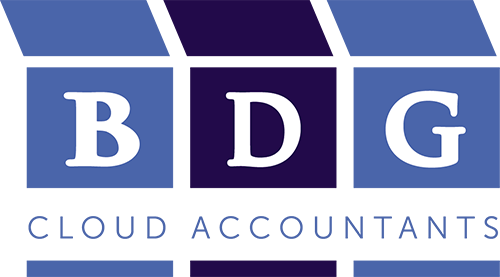Use these motivation styles for your employees to increase their productivity and happiness at work
Have you ever wondered why Shakira from work responds well to suggestions thanking you for your time, but Ricky on the other hand responds poorly to feedback and responds by staring blankly at the new office Nespresso machine?
Well, according to Gretchin Rubin, New York Time Best Selling author of The Four Tendencies, we all respond to expectations differently.
We all face two kinds of expectations:
- Outer expectations, such as meeting work deadlines or observing traffic regulations.
- Inner expectations, such as quitting napping or keeping a New Year’s resolution.
Depending on the type of employees you have, they will respond differently to direction depending how you approach them.
There are four types of tendencies that people can have:
- UPHOLDER: “I do what others expect of me—and what I expect from myself.”
- QUESTIONER: “I do what I think is best, according to my judgment. If it doesn’t make sense, I won’t do it.”
- OBLIGER: “I do what I have to do. I don’t want to let others down, but I may let myself down.”
- REBEL: “I do what I want, in my own way. If you try to make me do something—even if I try to make myself do something—I’m less likely to do it.”
But wait, “What if I feel like I am a mix of these?” I hear you say. Well, you can either be one tendency or a mix of two.
How to use the four tendencies at work
For a fun team building exercise, get your employees to try the 4 tendency quiz type.
When they are done, if they feel comfortable, ask them to write down their tendency type on a whiteboard so you can look at everyone’s results.
Once you see what type of tendency each employee has, you can tailor your approach differently for reach tendency.
Here are some tips to motivate each tendency (Source Susannemadsen.co.uk.):
How to motivate an obliger:
If you have Obliger employees, keep an eye on their workload and effort to distribute projects evenly. Encourage them to use their vacation time too by creating the expectation that they need to take time off to recharge.
If an obliger is in a work environment that promotes autonomy however, they’ll have to create that accountability. They can tell a co-worker or boss the deadlines they set for themself. They can also find an accountability buddy and set daily or weekly goals, checking in with each other.
How to motivate a questioner:
Give them as much information as you have and let them know why the work you are asking them to do is important. If they don’t speak up, ask them what questions and concerns they have. It’s best to get their worries out in the open so that you can address them and also explain what happens if the work isn’t done.
How to motivate a rebel:
Give rebels a challenge which has a lot of freedom! Such as finishing a project by an ambitious deadline or holding a friendly competition to outperform other members of your group. Rebels aren’t constrained by rules and love to not have any. On a positive note it means that they will sometimes be fine to do what others won’t do as they may not be bound by social etiquette or worry about how others see them.
How to motivate an upholder:
Upholders thrive under routines and schedules. Always give clear directions. Brief them on what you expect and by when you expect it. Also discuss how often you will check in with each other so that you both have full clarity. They don’t like to deviate from rules and get frustrated – paralyzed even – when rules are ambiguous or lacking.
If you want to find out more about the four tendencies, check out the book

